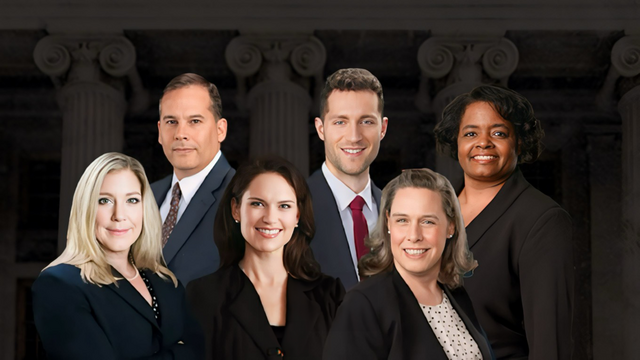Virginia DUI Trials
Virginia DUI trials are important to understand. It is vital that people know that the court date is the trial date. The defense should be ready for that very first court date to go to trial with that person’s case. Some jurisdictions also have an arraignment date, but that usually happens very quickly after the person’s arrest. After that, the person will have a court date set three to six weeks from the arraignment date. A charged person should understand that they need to comply with whatever their lawyer has prepared for them to do including bringing whatever items that lawyer has told them to collect before that person’s first court date because that could very well be their trial date. For more information, contact a skilled attorney who can guide you through this process.
Government’s Defense
The government can object to just about everything and can call upon the lawyer to make sure that the evidence they are presenting is solid and clear of any flaws, procedural or otherwise, that could be road blocked to getting that evidence before the Virginia DUI trial.
Closing Statements
A closing statement is an attorney’s summation of the case in a Virginia DUI trial. When the court has heard all of the evidence, it is an attorney’s job to interpret that evidence in a way that they thinks is appropriate and to give the judges their opinion of what the evidence means. Hopefully, it can guide the court in favor of the indvidual.
Length of Virginia DUI Trial
It can vary between half an hour and, sometimes, several hours. One recent case had to get broken up over two days and ended up lasting about six hours. It really varies depending on what kinds of evidence there is, what kind of objections the government has to that person’s evidence, what kind of objections the defense might have to the government’s evidence, whether there are expert witnesses involved etc. There are many variables that go into it, but generally speaking, 30 minutes to several hours.
Steps of Trial Process
The government goes first in a Virginia DUI trial. They will put on the officer and whatever evidence they feel is necessary to improve their case beyond a reasonable doubt. If they fail to do so, or if the person’s lawyer is able to prevent them from admitting certain pieces of evidence, then the case will be over. But if the government survives any and all of the defense’s prevention of the evidence they are seeking to admit, then it is the defense’s turn to present whatever evidence they might have to counteract whatever evidence the government admitted. Once both sides have had their chance to go, the court will hear closing arguments and make the ruling of guilty or not guilty.
If a person’s case is going to trial, they will probably sit in the courtroom for a period of time while they wait for the case. Most jurisdictions will have many cases on their docket for the day of that person’s trial and most of those cases will be resolved in one way or the other without the need for having an actual trial. If a person goes to trial, especially for a DUI, the court understands that a trial for DUI is going to take a significant amount of time and therefore they handle cases that are much more quickly beforehand.
Resolving Cases Before Trial
In every Virginia DUI trial, the defense lawyer will sit down with the prosecutor and discuss the individual’s case and, under some circumstances, the government might be willing to reduce the charge against the person or make an agreed disposition that would be favorable. If so, then the attorney would discuss that plea offer with the individual. If the client chooses to accept it, then the case is resolved before trial.




